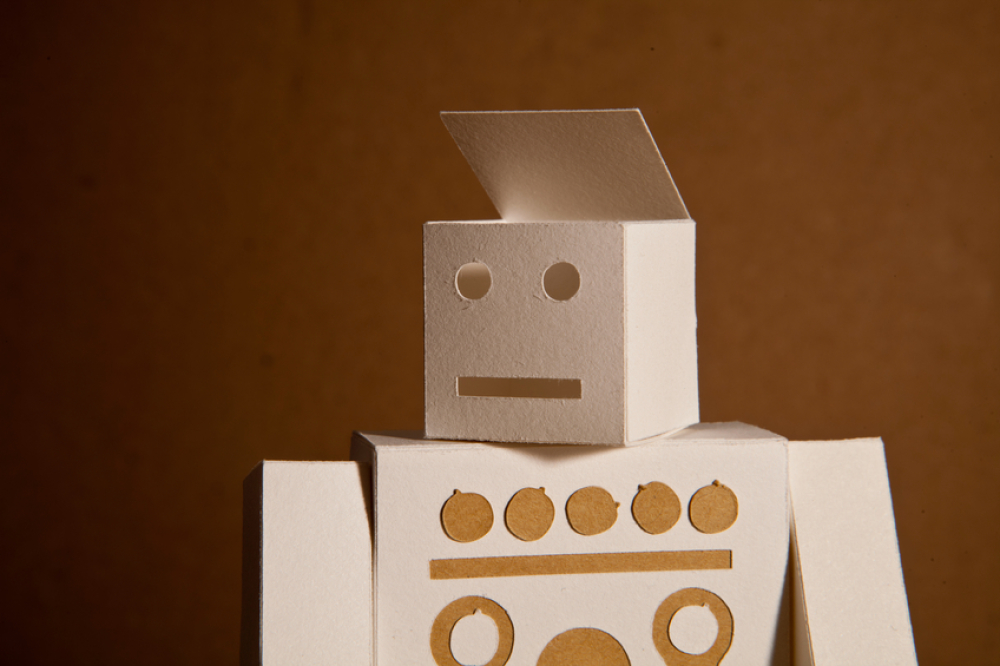Artificial Intelligence â not quite what you may think
16 Nov 2016

When people think of AI they imagine the sort of robots more at home on the silver screen but AI technology is responsible for many of services we use daily. It sits “invisibly behind a wide range of search engines and online commerce sites”, says the UK Government report, which goes on to describe AI as the “engine of the digital revolution, with data as its fuel.”
AI could hugely improve productivity in the UK, where the economy currently has a problem. Most developed nations experienced a fall in productivity after the 2007-08 financial crash. However, the UK’s has been particularly acute, with workers 14% less productive than if the pre-crisis growth trend had continued.
Firms are able to use AI technology to efficiently prioritise workloads and utilise their resources effectively. For example, Amazon is cited in the report as using AI to optimise their storage and distribution networks.
The UK is leading the world in this space. The report goes on: “The UK is a world leader in the science underpinning this technology, with a rich ecosystem of investors, employers, developers and clients, and a network of supporting bodies such as the Alan Turing Institute. Innovations developed first in universities such as Cambridge, Oxford, Imperial and University College London have found their way into tools used by millions around the globe.”
The Government are anticipating that AI, more broadly the digital revolution, will solve many problems for UK consumers and for the economy. It will be the primary driver of economic growth.
Research cited claims that between 2015 to 2020 Big Data and the Internet of Things will add an estimated £240 billion in cumulative value to the UK economy. The biggest beneficiary will be the manufacturing sector, according to commentators.
The report also touches upon legal and regulatory factors and cautions companies to ensure that their AI technology, and use of it, is compliant with data protection law, including the General Data Protection Regulation (GDPR). For example, deep learning could be used to discover personal details relating to an individual and it may not be clear whether consent was given to access their personal data.
The fourth industrial revolution of the digital economy will have an effect on the labour market. Automation translates to a loss of jobs in the UK. The OECD have suggested that 10% of jobs in the UK are at risk from automation.
Although automation, robotics and AI will create new jobs in new industries, exactly how many is not yet known. Productivity gains and lower costs could create favourable economic conditions for job creation, but the picture is mixed regarding the future.
The government report addresses the challenges related to this revolution. There is a need to grow understanding of how AI could impact individual freedom and privacy rights as a combination of machine learning meshes with the creation of ever-increasing amounts of personal data.
Concluding, the report says: “Reaping the benefits of this revolution in information technology will require an approach to ethics and governance that enables innovation, builds trust among citizens, establishes a stable environment for businesses and investors.” These thoughts echo a recent quote from the Information Commissioner when she said success meant privacy and innovation working in tandem.
You can read the full report here.

Please login to comment.
Comments